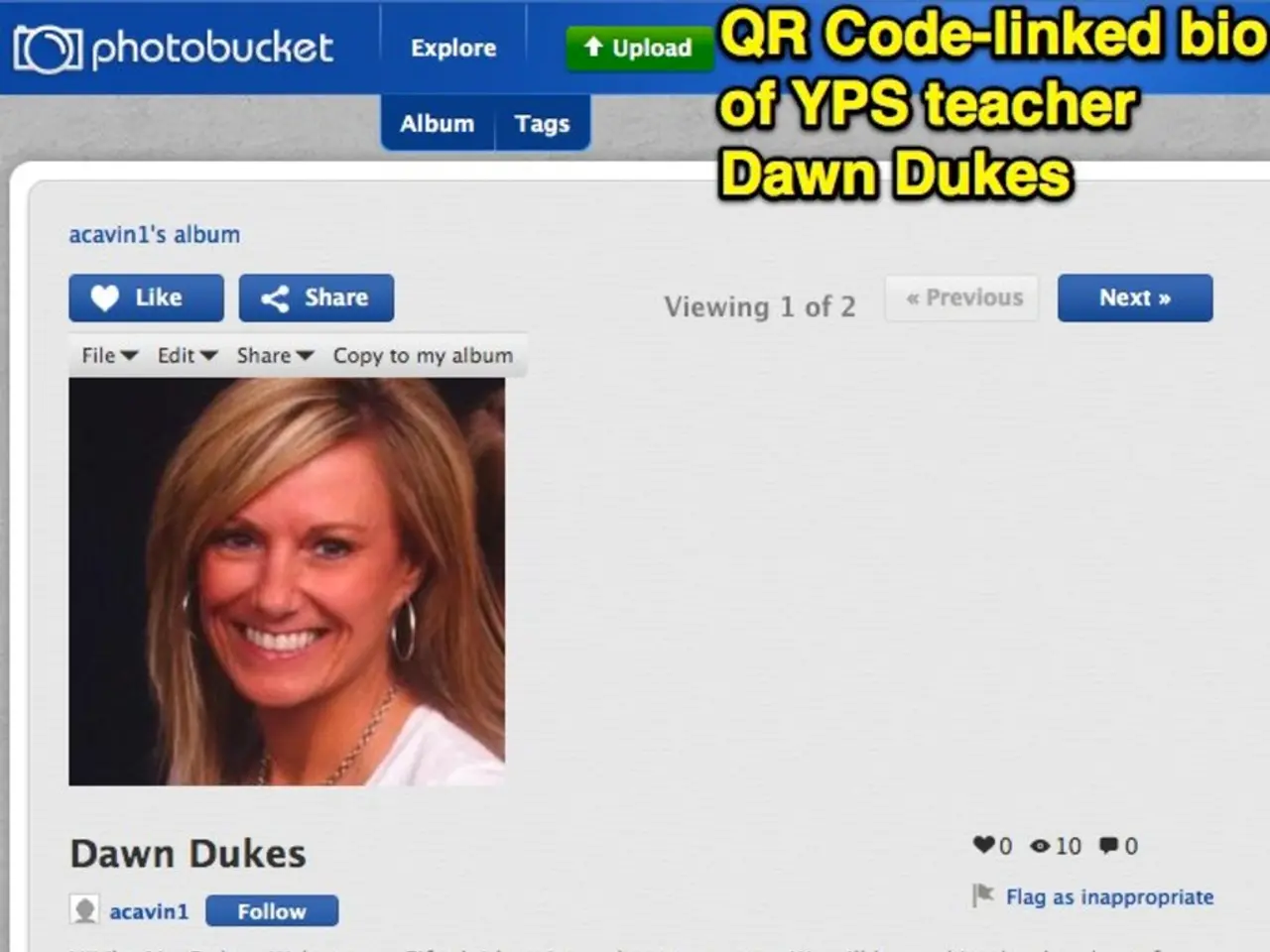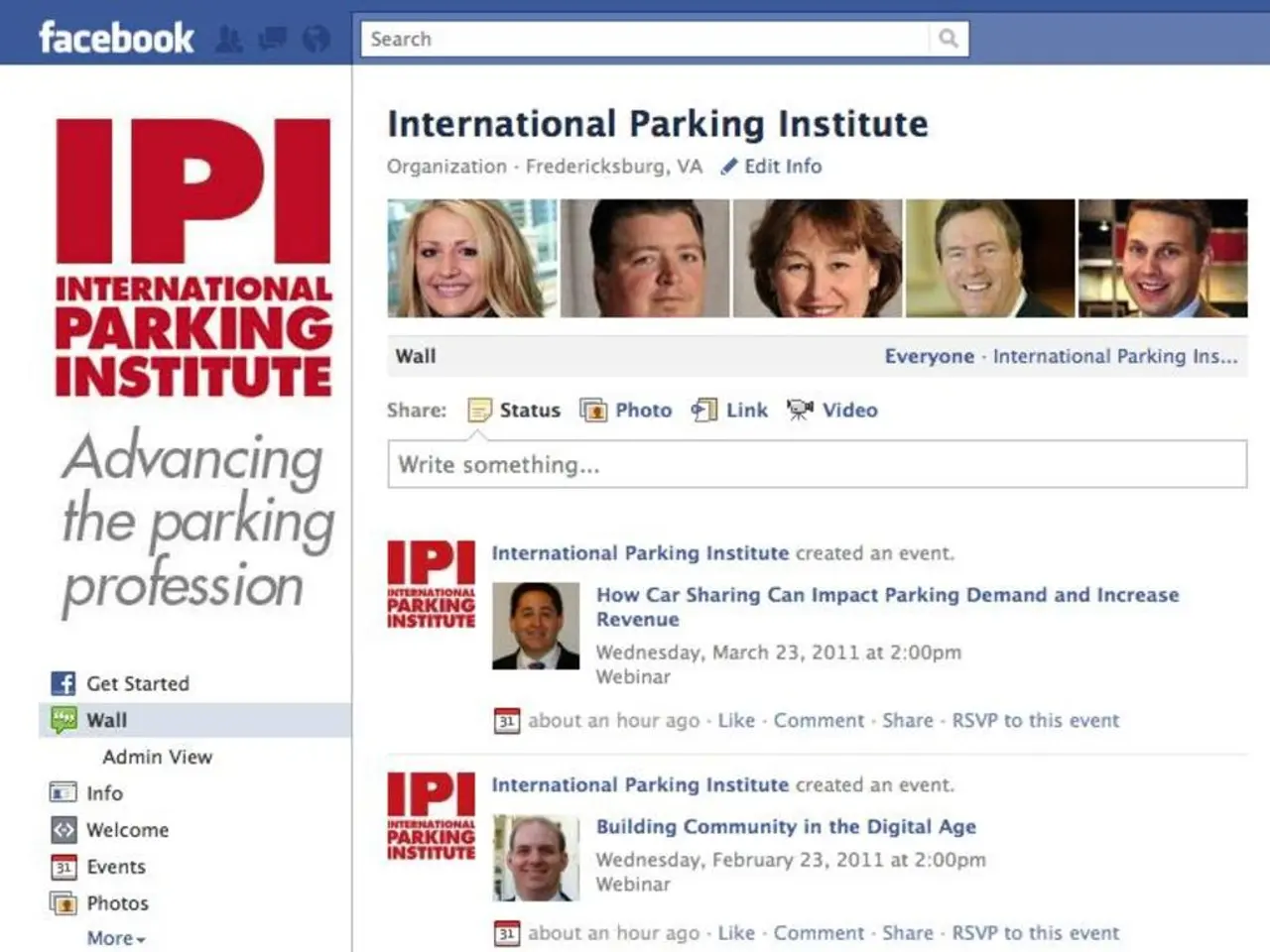Social media habits influenced by narcissistic traits, according to new research findings
The University of Gdańsk in Poland has conducted a study that explores the connection between narcissistic traits and social media addiction. The research, which involved 339 Polish adults aged 19 to 41, aimed to understand how various aspects of narcissism might influence social media usage patterns.
The study identified three main groups of narcissism: grandiose, vulnerable, and communal. Grandiose narcissism, the most familiar form, is often associated with a stereotypical narcissist who craves attention and believes they're superior. Vulnerable narcissism, on the other hand, is a subtler form where people may withdraw from others to avoid being hurt and may respond to shame with enmity, characterized as a passive-aggressive hostility. Communal narcissism is characterized by a desire to be seen as especially moral, warm, or helpful.
The study found that several symptoms of narcissism are linked to higher levels of social media use. For instance, admiration, characterized by the pursuit of attention and positive reinforcement from others, is strongly linked to increased social media use. Individuals high in admiration tend to use platforms to showcase themselves and seek validation, which can contribute to addictive behaviors.
Rivalry, marked by competitiveness and a tendency to belittle others, is associated with increased social comparison on social media. This can drive compulsive checking of platforms to monitor others, potentially fostering addictive tendencies.
Enmity, involving hostility and antagonism, may relate to social media use patterns where conflict or defensive behaviors occur. This trait can amplify negative interactions online, fueling a cycle that maintains excessive platform engagement.
Isolation, related to feelings of social disconnection and withdrawal, can motivate individuals to use social media as a compensatory tool for connection, sometimes resulting in addictive use as a maladaptive coping strategy.
Heroism, characterized by grandiosity and a desire to be seen as exceptional, aligns with using social media for self-promotion and seeking admiration, potentially contributing to addictive posting and engagement.
The study does not suggest that all narcissism is associated with higher levels of social media use. Sanctity, an inflated sense of one's own goodness or virtue, was not linked to a greater likelihood of social media addiction in the study.
In conclusion, the study highlights that these narcissistic traits play a nuanced role in how and why individuals may develop addictive patterns on social media, linking the desire for admiration, social comparison, conflict, compensatory connection, and grandiosity to excessive platform use. For more detail on the methodology or statistical findings, please refer to the original study.
The study at the University of Gdańsk links admiration, rivalry, enmity, and isolation, which are certain narcissistic traits, to higher levels of social media use that could potentially lead to addiction. Individuals high in admiration and heroism tend to use platforms for self-promotion and seeking validation, contributing to addictive behaviors. Rivalry may drive social comparison on social media, fostering compulsive checking and addictive tendencies. Enmity and conflict online can amplify negative interactions, fueling a cycle that maintains excessive platform engagement. Isolation can motivate individuals to use social media as a compensatory tool, sometimes resulting in addictive use. However, the study does not suggest that all narcissism is associated with higher levels of social media use as sanctity, an inflated sense of one's own goodness or virtue, was not linked to a greater likelihood of social media addiction.




